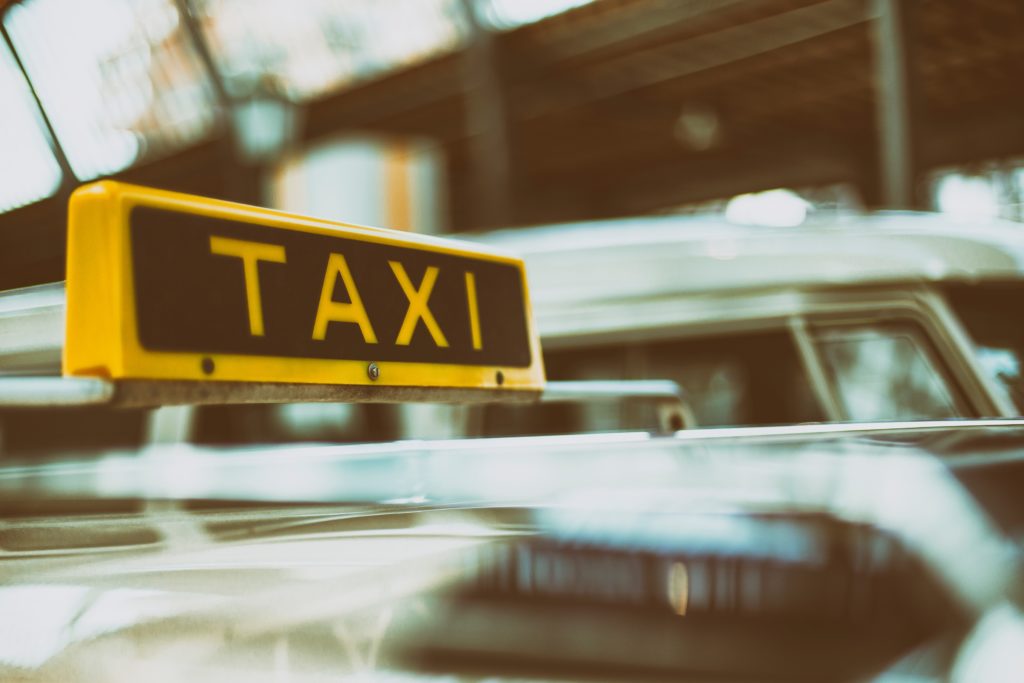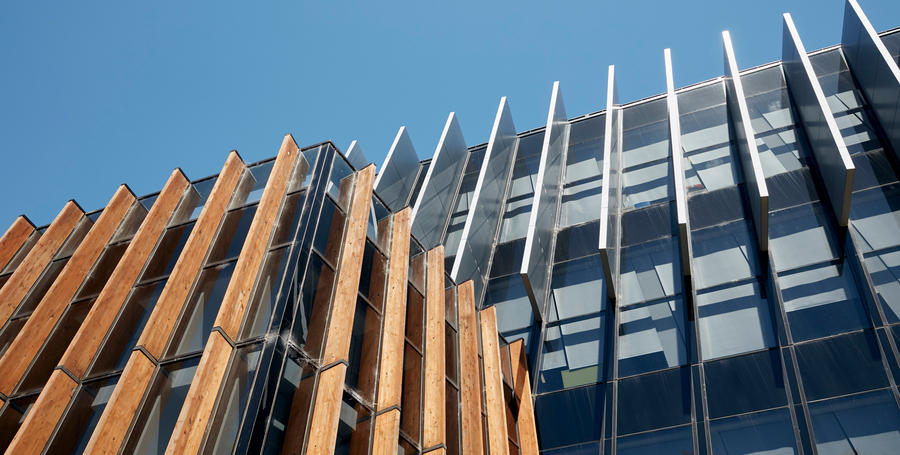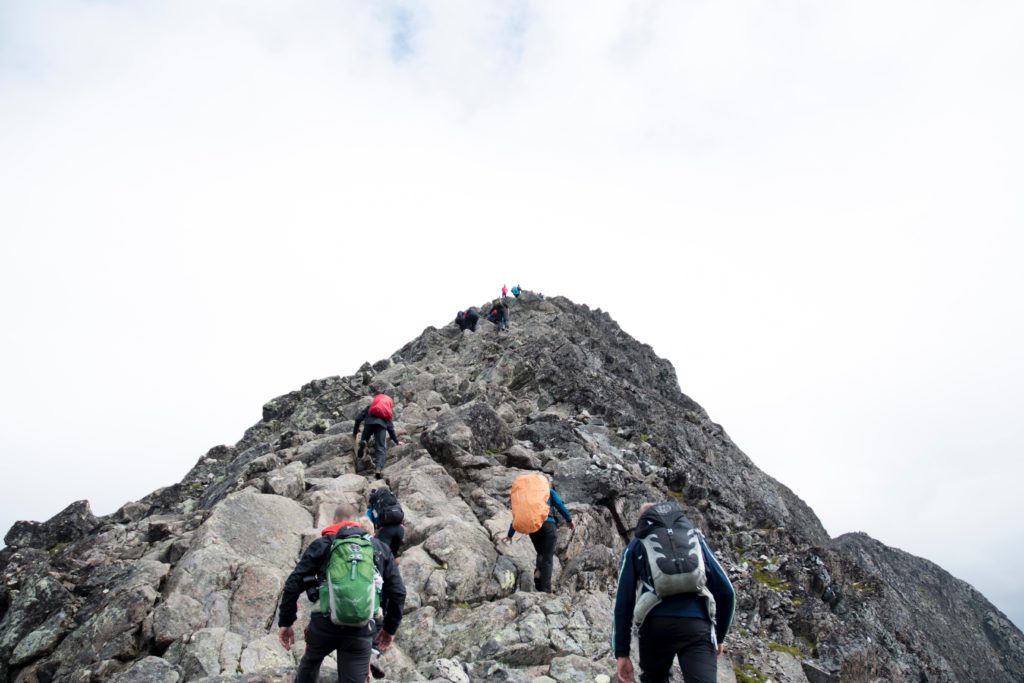When we first talk, Professor Julie Owens is officially just over two months into her role as Deputy Vice-Chancellor Research, ensconced in the corner office she hasn’t had time to stamp her personality on. There’s an artwork she doesn’t particularly like, and is soon to be replaced, on the wall but little else that offers many clues about this quietly spoken, articulate woman.
It must be one of the fastest promotions in history.
Initially announced as Deakin’s new Associate Deputy Vice Chancellor Research, Professor Owens was appointed Deputy Vice-Chancellor Research (DVCR) of Deakin University before she had a chance to check out the view from the Associate DVCR’s Waurn Ponds office.
The story of how former DVCR Joe Graffam persuaded Professor Owens to consider joining Deakin during a chance meeting in a taxi on the way to the airport is now the stuff of Deakin legend, but the University was already on the radar of the then Adelaide University Acting Deputy Vice-Chancellor Research and Pro Vice- Chancellor Research Strategy.

“Deakin is regarded as a leader in learning, teaching and digital technology, but it’s also recognised for its recent strong research trajectory and interesting models of industry engagement and innovation,” she says of her decision to throw her hat in the ring for the Associate DVCR/DVCR jobs.
“I was looking for a change and a new challenge and I thought Deakin would be nimble, flexible and open to doing things in a different way; more open, perhaps, than some older, longer-established institutions. I felt it would be a good fit and that I would enjoy it, and that’s absolutely the case.”
The move to Geelong and the Bellarine will also enable Professor Owens to rekindle her sailing interests, as well as explore the Surf Coast trails. “The environment here is fantastic and being closer to friends and family in Melbourne as well as in Geelong is a major bonus,” she says.
The inaugural head of Adelaide Uni’s School of Paediatrics and Reproductive Health, Professor Owens’ research has opened new avenues in exploring the extent to which obesity and cardio-metabolic health in later life are ‘programmed’ from before conception and in the womb by maternal and paternal obesity, diabetes and other factors.
As well as over $17M in external funding and 213 publications with an H-index of 58, she has a long list of strategic research leadership achievements to her name, including co-establishing international research networks and the Women’s and Child Health Research Alliance in South Australia, encompassing the three universities and the state-wide Women’s and Child Health Network of hospitals.
She has been a peer reviewer and academy member for the National Health and Medical Research Council of Australia (NHMRC) and Australian Research Council (ARC); and an advocate for national research funding, policy and strategies as a Director of the Australian Society for Medical Research.
“What I’ve always been interested in, in whatever role I had, is a systems-wide approach to research innovation enterprise, trying to really improve the broader environment in order to enable the researchers to have the greatest impact and to deliver on the university’s mission,” she says, reflecting on her path from researcher to strategic leader.
“I just wanted to see that we were making the most of the people around us and the opportunities for what we could do. I wouldn’t say I ever thought I would intentionally go into leadership roles, but there you go. On the other hand, I do like being in a position to influence things for the better!”
It becomes clear that Professor Owens is determined, highly strategic and someone who cares enormously about people and research, and creating environments that draw out the best of both. She’s also dedicated, having unofficially been working on the vision for Deakin Research for several months before her formal start in December last year. The Division had undergone a review and workshops were underway to address the recommendations.
Another opportunity has been the review of the Research Guiding Plan, with a heightened priority being infrastructure – equipment and platforms that provide a “unique, competitive advantage and that we can use as a catalyst for transdisciplinary approaches to big problems.”
There’s certainly an abundance of evidence that suggests the more you support transdisciplinary research projects and communication across academic boundaries, the more novel ideas and potential breakthroughs you create.
As a biochemist, Professor Owens knows from her own experience of working with clinicians, sociologists and psychologists trying to stem the rising tide of obesity, just how valuable interdisciplinary collaboration is. Providing the right mechanisms and infrastructure to encourage more of it at Deakin is on the top of her to do list.

“One aspect of the University’s mission is educating the leaders of the future…but it’s also taking discovery research and translating it into innovations and applications that actually deliver material benefit for our communities. Part of the reason I’m in health and medical research is because of that more immediate impact, but I also want to explore how to make the whole of our enterprise work better to deliver that impact into the community and enable our researchers to realise their talent.
“I think we face such big complex problems at the moment and climate change is going to exacerbate all the others. If you look at societies across the world, who is going to really help turn things around? I think universities are the last great hope in some ways.”
Three and half months into the job, Professor Owens is taking Deakin’s Research Guiding Plan on an intercampus roadshow, connecting the dots between where we’ve been, where we are and where we should go now. The trajectory has been steadily upwards. Deakin, she says, has been on an extraordinary journey thus far. The question is how to support and sustain the effort and continue to build that success.
“Universities are businesses, albeit for the public good, and the business of being a university in the Australian sector is very much reliant on student numbers, including international students,” she tells a packed room at the Waurn Ponds roadshow session. “Global rankings are a key factor in your ability to attract students in terms of numbers and quality. It also affects your ability to attract and retain high quality staff.
“They want to be in a highly globally ranked university because it’s usually research performance that guides that. It’s those people who will do the discovery and translation that will have the impact that’s really one of the biggest aspects of our mission: how we make a difference. And it’s that research performance that primarily determines your global rankings in the systems that are respected.”

While she occasionally refers to ‘you at Deakin’ rather than ‘us’ and ‘we’, especially when referring to the achievements to date, an outsider’s viewpoint has obviously been beneficial in identifying the parts of the big picture that still need to be coloured in.
Moving forward however, Professor Owens has proudly accepted the mantle to lead the collective effort in maintaining our extraordinary upwards research trajectory.
Judy Baulch
Staff writer



